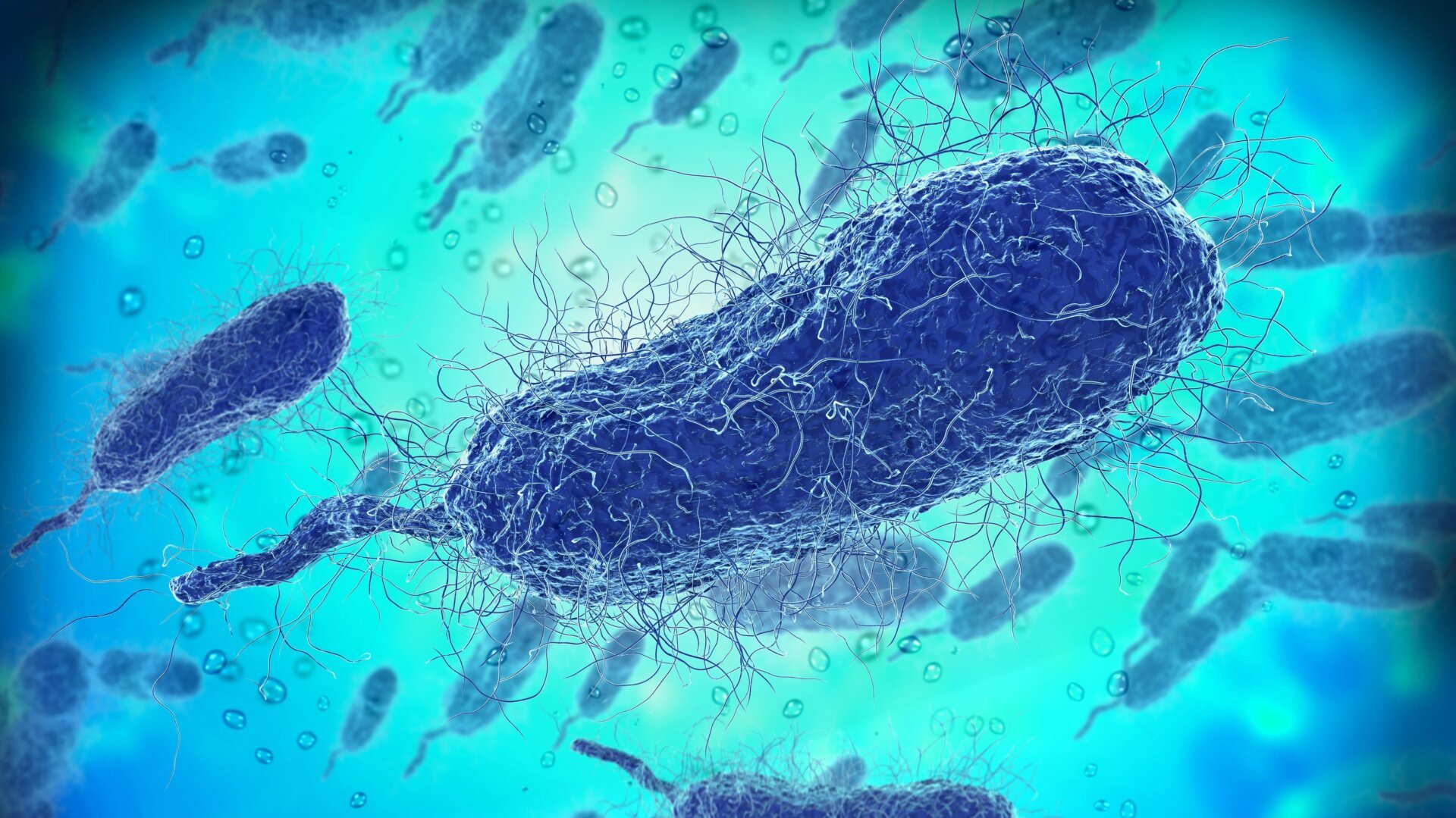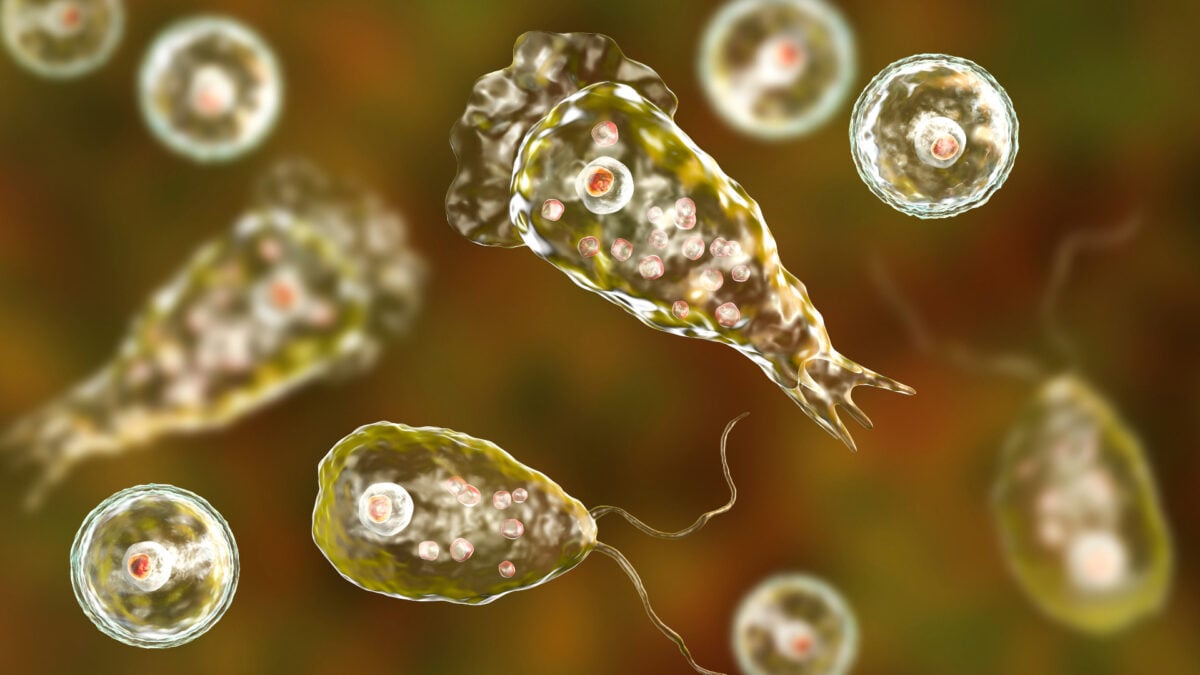Flesh-Eating Bacteria Have Already Killed Four People in Florida This Year

A rare flesh-eating bacteria has killed four people in Florida this year, according to a recent report by the state’s Department of Health.
The deadly bacteria, Vibrio vulnificus, is typically found in warm saltwater or brackish water. It can enter the body through open cuts or by consuming raw shellfish, and the microbe is often found in oysters from warm coastal waters. Although infections are rare, the bacterium causes a disease called vibriosis, which is marked by gastrointestinal symptoms, fever, high heart rate, and disorientation.
In some cases, it can lead to necrotizing fasciitis, a condition in which bacteria rapidly destroy muscle and tissue. According to the CDC, many people with Vibrio vulnificus infections require intensive care or even limb amputation.
Roughly one in five people who contract a Vibrio vulnificus infection die, and people with weakened immune systems are particularly at risk. Florida has reported 11 cases this year. Around 150 to 200 cases of Vibrio vulnificus are reported to the CDC each year in the U.S., although experts believe the actual number may be higher.
Cases have been on the rise in recent years. In 2022 and 2024, deaths and infections spiked after Hurricanes Helene and Milton, which washed saltwater inland. The department reported a record 19 deaths and 82 cases last year, an increase of seven deaths and nearly double the number of cases in 2023.
For Vibrio vulnificus, another bacteria in the Vibrio family (who are generally less deadly), temperature and salinity are key growth factors, conditions that are becoming more common due to climate change, according to a report in Scientific American. Rising global temperatures also mean that hurricanes will become more frequent and stronger. A report by the U.S. Department of Agriculture stated that climate change will increase the cost of Vibrio infections from $2.6 billion in 1995 to between $6.1 and $8.6 billion by 2090.
Worryingly, the microbes are extremely adaptable and can frequently acquire new traits. A 2023 study found that Vibrio pathogens are adapting to “stick” to microplastics, for example.
Florida Health officials caution against entering warm saltwater or brackish water if any fresh cuts, scrapes, or wounds are present. Consuming raw shellfish is also not recommended, unfortunately.









